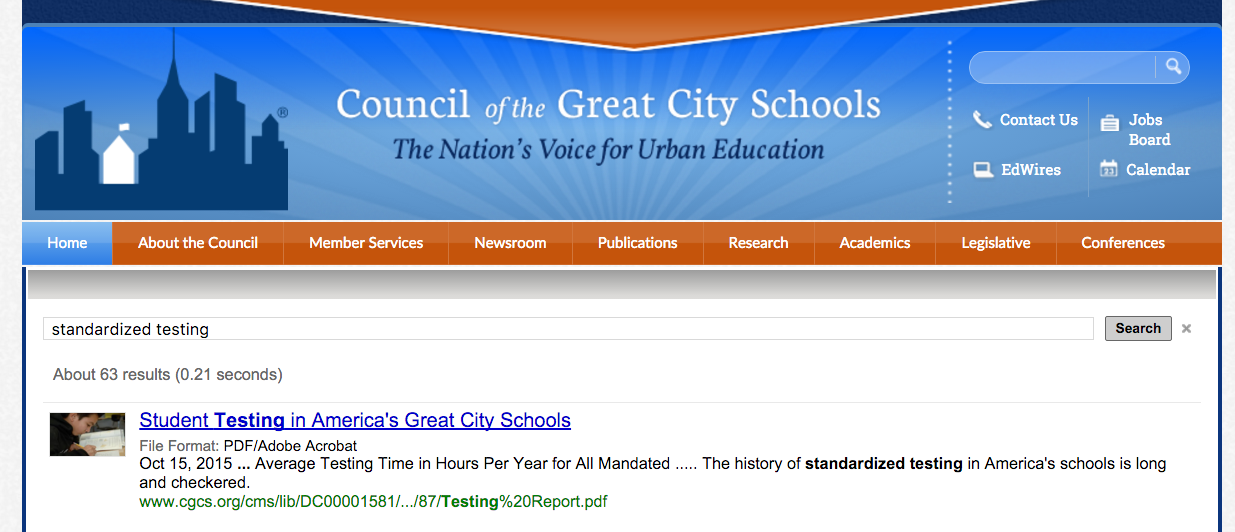URBE 0854
Library Resources
Jackie Sipes
jsipes@temple.edu
What we'll cover...
- Examples of scholarly & popular sources
- Searching databases
- Citing Sources
- How to use sources in your paper
What are some characteristics of "scholarly" sources?
Scholarly Sources


Scholarly Sources



Determining if a source is scholarly...
- Author
- Publication (Journal)
- Sometimes reports on a research study, may include data, findings, charts, etc.
- References other sources
Popular Sources


Popular Sources

Popular Sources



Is my popular source credible?
- Author
- Publication (Journal)
- References other sources
- If it's a website, is there an "About Us" link?
- .orgs?
Databases
- Source type (academic/scholarly, popular, book, book review, etc.)
- Full text?
- Citation tools
Pay attention to...
Pay attention to...

Citing in APA
Martinez, A. G., Piff, P. K., Mendoza-Denton, R., & Hinshaw, S. P. (2011). The Power of a Label: Mental Illness Diagnoses, Ascribed Humanity, and Social Rejection. Journal Of Social & Clinical Psychology, 30(1), 1-23. doi: 10.1521/jscp.2011.30.1.1
Millman, J. (2014, Aug 13). A better understanding of mental illness hasn't reduced the stigma around it. Washington Post – Blogs Retrieved from http://search.proquest.com/docview/1553156007?accountid=14270
Citing in APA

Activity

-
What kind of source is this? How do you know?
-
How would you use this article to support an argument about data-driven decision making in education? Be specific.
-
Are there any limitations to the information presented in this article (i.e. reasons you may not want to rely on it as your only source)?
Thank you!
Questions?
URBE0854 Coppola
By jsipes
URBE0854 Coppola
Library presentation for Rachel Coppola's URBE 0854 class, Spring 2016
- 1,009



